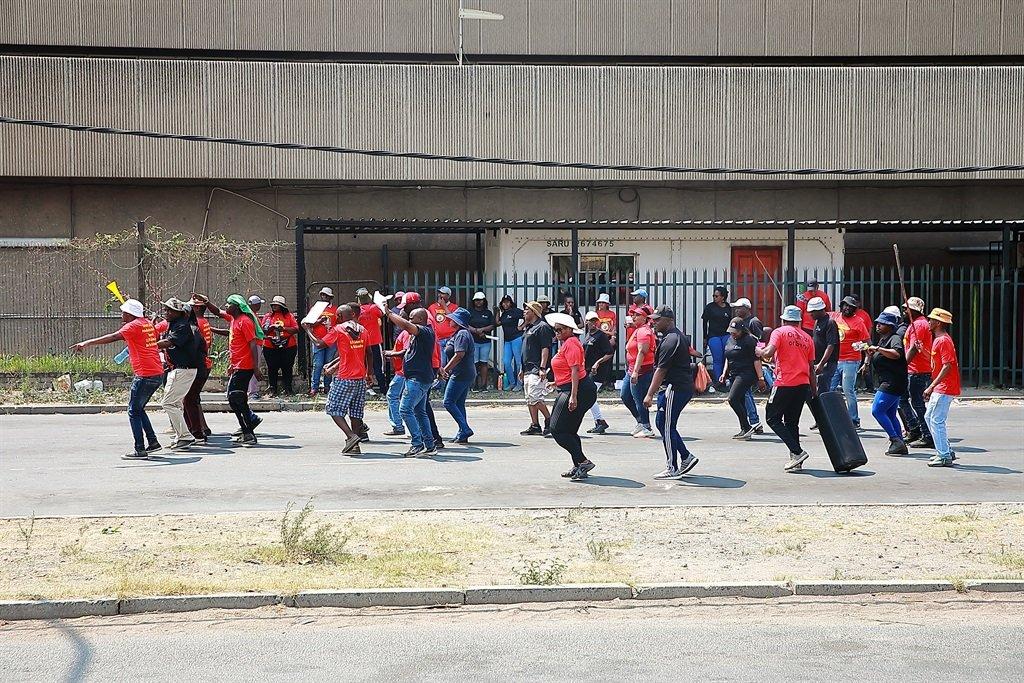Africa-Press – South-Africa. As Transnet and labour seal a wage deal, industry is counting the enormous cost of a strike that could mean months of recovery.
According to the South African Association of Freight Forwarders (SAAFF), the 11-day strike, which kicked off on 6 October, caused South Africa to lose the opportunity to move R65.3 billion worth of goods.
“Some of those will possibly move later, but the rest are gone and gone forever,” said SAAFF CEO Juanita Maree.
SAAFF, which represents more than 300 clearing and forwarding agents – accounting for more than 80% of the trade goods in and out of SA – said its members have incurred logistics costs of nearly R7 billion over the 11 days of industrial action at Transnet ports.
“In the aftermath, beyond the strike, barring any further destruction, a complete restoration of normal functionality will only happen in early 2023, as the consequences of one day’s worth of stoppage have been shown to result in anything up to 10 days needed for recovery,” Maree said.
Transnet’s majority union, the United National Transport Union (UNTU), on Monday announced a three-year deal with the company for increases of as much as 6%.
The South African Transport and Allied Workers Union’s (Satawu) meanwhile appealed for its members to return to work on Thursday, noting it would address its issues with the wage deal internally.
The Minerals Council South Africa, which previously estimated the strike could cause a daily loss of R815 million, said this number had fallen in recent days to an estimated R200 million currently.
This is because the facilities like the Richards Bay Coal Terminal and the Port of Saldanha have tapped into stockpiles to load ships. Replenishing the stockpiles is problematic because of limited train movements. Chrome, ferrochrome and manganese train and port movements in particular remained constrained on Thursday, the council said.
Daily supply chain movement statistics compiled by SAAFF showed a steady improvement in operations across Transnet port facilities on Thursday.
“SAAFF calls on the need for growing maturity in resolving matters amicably, in a timely and efficient manner, to strengthen partnerships between government and strategic stakeholders through early consultation to enable prevention rather than cure, as risk mitigation is our joint responsibility to the smooth running of our national economy,” said Maree. “We must learn the stark lessons provided by these operational disasters, or we are going down an endless spiral with the worst possible outcome.”
Major miners are expected to report the impact of the strike in coming weeks. Kumba Iron Ore’s next production report is due to be published next week Thursday.
Jupiter Mines, the owner of Tshipi Borwa, the single largest single manganese mine and exporter from SA, said Transnet is working to clear backlogs across the port and rail systems, but that some disruptions and delays could be expected to continue over the next few weeks.
“Tshipi’s next vessel of manganese ore has commenced loading and is expected to be completed by Saturday,” the company said.
For More News And Analysis About South-Africa Follow Africa-Press






